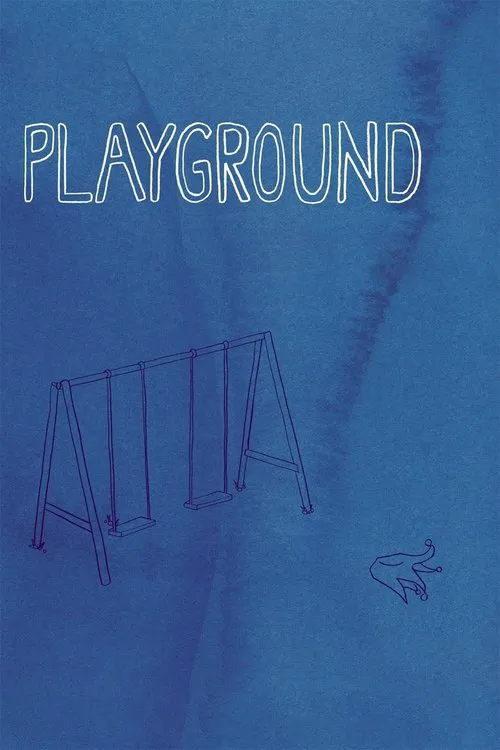Playground

Trama
Libby Spears, a determined and compassionate individual, embarks on a perilous journey to uncover the darkest secrets of human trafficking in southeast Asia. Her mission is to infiltrate the vast network of people involved in this heinous industry, specifically targeting those responsible for sex slavery. Libby's decision to go undercover is not taken lightly, and she is well aware of the risks involved. Nevertheless, she feels a deep sense of responsibility to expose the truth and bring hope to the countless victims caught in this web of exploitation. As Libby delves deeper into the world of human trafficking, she is met with a reality that is both shocking and heartbreaking. She discovers that a significant number of the victims are children, innocent and vulnerable individuals who have been stripped of their childhood and their future. The trauma and suffering they have endured is immeasurable, and Libby's heart goes out to them. She is driven by a sense of urgency to expose the truth and bring those responsible to justice. However, Libby soon realizes that the problem extends far beyond the borders of southeast Asia. Her research and investigative work reveal that the United States is one of the biggest customers of this industry, buying and selling sex slaves like commodities. This revelation is both disturbing and infuriating, and Libby feels a deep sense of injustice. How could the land of the free, the home of the brave, be involved in such a heinous industry? She questions the moral fiber of her country and the people who enable this trade. When Libby returns home, she is determined to learn more about the roles that the educational system and law enforcement have played in keeping the issue of human trafficking off the radar. She is met with resistance and skepticism, and it becomes clear that there are those who are trying to silence her. Libby's findings are not only shocking but also disturbing, as she discovers that the educational system and law enforcement agencies have been complicit in keeping this issue hidden. Libby's investigation reveals that some educational institutions have turned a blind eye to human trafficking, failing to educate their students about this issue and ignoring the warning signs of suspicious activity. Law enforcement agencies, too, have been hesitant to take action, citing a lack of resources and inadequate training. Libby's findings suggest that there is a systemic failure to address human trafficking, one that involves not just a lack of awareness but also a deliberate attempt to hide the truth. As Libby digs deeper, she faces opposition from all sides. She is met with hostility and intimidation, and some even question her motives and credentials. However, Libby remains steadfast in her commitment to exposing the truth and bringing justice to the victims of human trafficking. She is not deterred by the obstacles in her path and is willing to take risks to ensure that her message is heard. Through her investigation, Libby shines a light on the darkest corners of human trafficking, revealing a complex web of exploitation and corruption. She exposes the myth that human trafficking is a problem confined to foreign countries, revealing that it is a widespread issue that affects us all, often in ways we cannot see. By sharing her findings and her story, Libby hopes to raise awareness and mobilize action, inspiring change and justice for the victims of human trafficking. Ultimately, Libby's investigation and activism serve as a wake-up call to the American public, forcing us to confront the reality of human trafficking in our own backyard. Her courage and conviction serve as a reminder that we have the power to make a difference and bring about change. By exposing the truth and advocating for justice, Libby gives voice to the voiceless and hope to those who have lost it. Her work is a testament to the human spirit's capacity for resilience and determination, a reminder that even in the darkest of times, there is always a way forward.
Recensioni
Raccomandazioni


